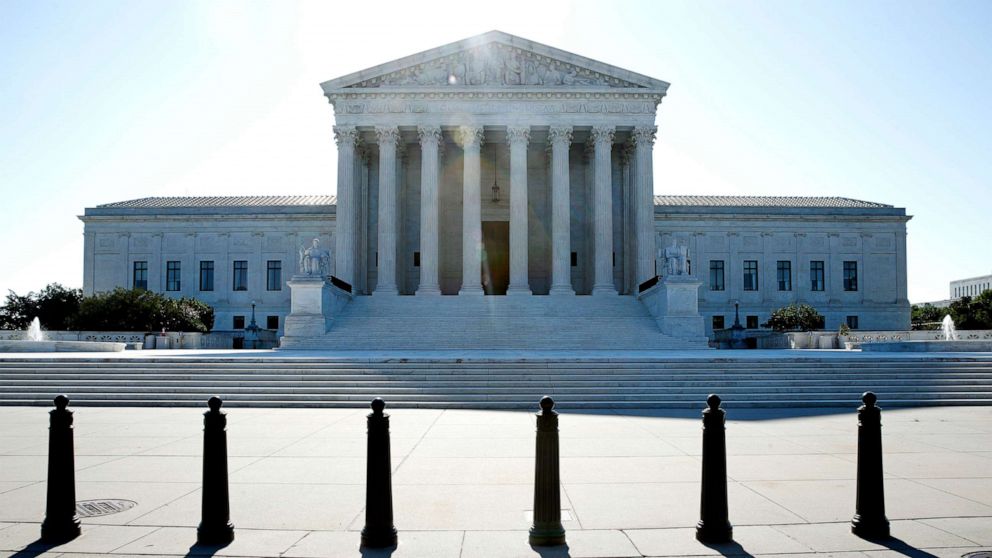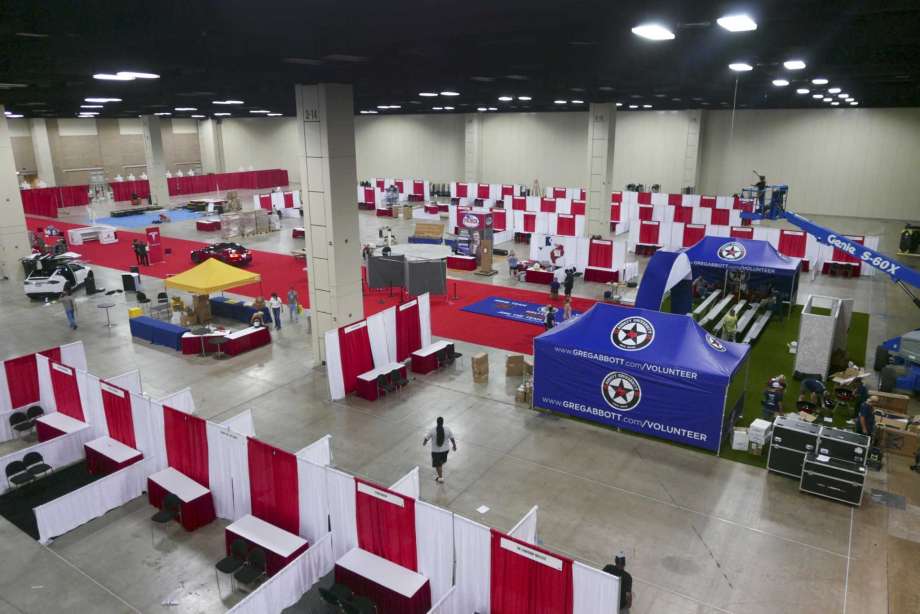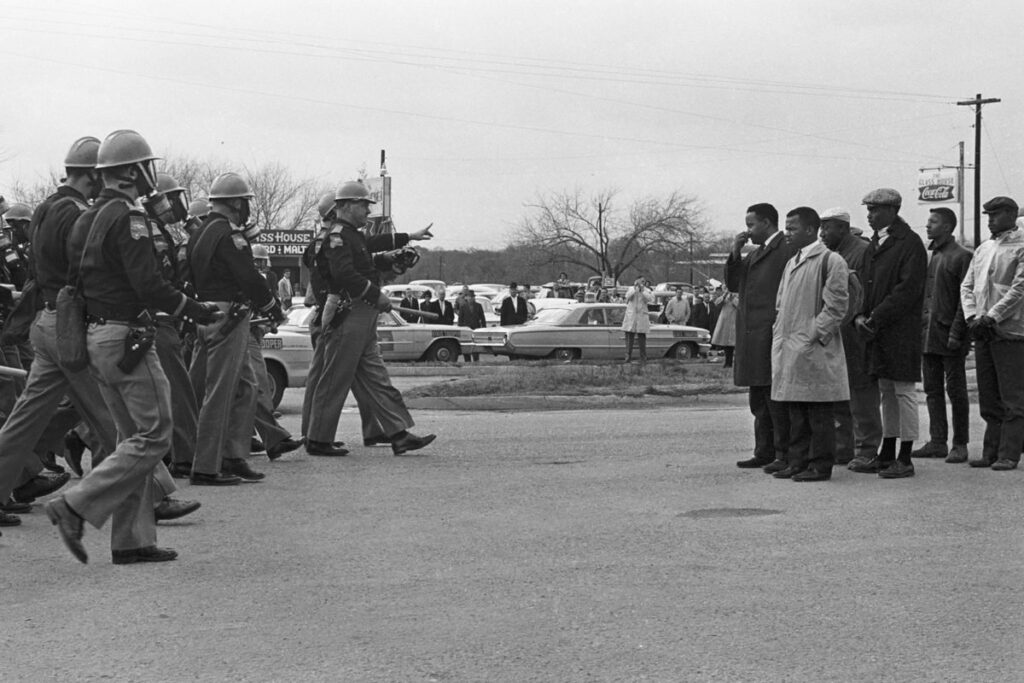Supreme Court rejects Trump claim of ‘absolute immunity’ from grand jury subpoena for tax returns
Written by Sunlight Radio America on July 11, 2020

In a history-making decision on Thursday, the Supreme Court ruled President Donald Trump cannot claim “absolute immunity” from criminal investigation while in office and may need to comply with a New York grand jury subpoena seeking his personal financial records.
The decision is a major legal defeat for Trump, although it remains highly unlikely the public will see the president’s tax returns or financial records before Election Day. If the records are turned over in the grand jury probe, by law they must remain secret.
Chief Justice John Roberts, writing the 7-2 majority opinion, concluded that “no citizen, not even the President, is categorically above the common duty to produce evidence when called upon in a criminal proceeding.”
Manhattan District Attorney Cyrus Vance is seeking 10 years of tax returns for Trump and his businesses as part of a probe into possible state tax fraud.
“The President is neither absolutely immune from state criminal subpoenas seeking his private papers nor entitled to a heightened standard of need,” Roberts said.
But in a nod to the unique position of the presidency, Roberts returned the case to a lower court to allow Trump to “raise further arguments as appropriate,” such as claims about the subpoenas’ burden on his official duties.
“The court today unanimously concludes that a president does not possess absolute immunity from a state criminal subpoena, but also unanimously agrees that this case should be remanded to the district court, where the president may raise constitutional and legal objections to the subpoena as appropriate,” wrote Justices Brett Kavanaugh and Neil Gorsuch, the president’s two appointees to the high court, in a concurring opinion.
Given the further proceedings, it was not immediately clear how soon the New York grand jury could potentially receive the documents.
“This is a tremendous victory for our nation’s system of justice and its founding principle that no one – not even a president – is above the law,” Vance said in a statement. “Our investigation, which was delayed for almost a year by this lawsuit, will resume, guided as always by the grand jury’s solemn obligation to follow the law and the facts, wherever they may lead.”
Justices Clarence Thomas and Samuel Alito both filed dissenting opinions, suggesting President Trump deserves greater deference from subpoenas given the nature of his job.
“The court’s decision threatens to impair the functioning of the presidency and provides no real protection against the use of the subpoena power by the nation’s 2,300+ local prosecutors,” Alito wrote.
Source: ABC







